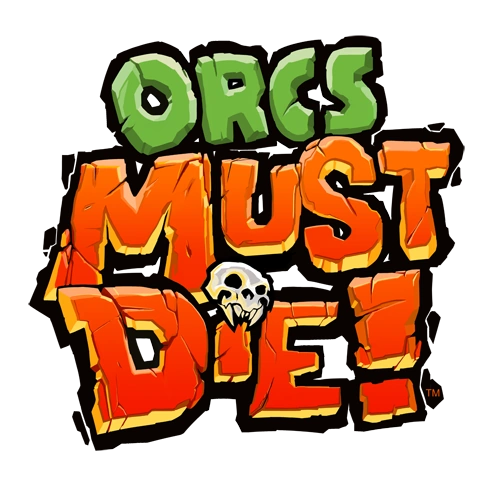<Action>[]
<Action> tags are the main meat of the "scripting" in OMD. They define a series of actions to perform as well as contain much of the logic behind executing them. Because actions are so complicated, they are further broken up into
- <Conditions> - A definition of conditions that must be met in order for the Effects listed to occur
- <Effects> - A list of effects and operations to perform if the conditions are met.
More about actions:
- There can be many Action tags in a given file
- The names of the actions MUST be unique across all actions in all files. The typical naming convention prefaces the action name with the entities name to help make it unique
- It is best to keep Actions small and granular in nature, for re-use and readability. You can always call use <DoAction> as part of your action to call another action.
Example:
<Action name="MobWeevoTheCorruptorCastBurningHands" interruptable="false">
<Effects>
<DealDamage>
<Amount>5</Amount>
<DamageType>Fire</DamageType>
<DamagedAction>GameEffectBurningTwoSeconds</DamagedAction>
</DealDamage>
</Effects>
</Action>
XML Attributes[]
The following attributes are known to exist on the <Action> tag:
- name - The unique name of the Action
- interruptable - Can be "true" or "false" and defines whether the action can be interrupted (usually by an outside force, like the person performing the action gets frozen)
- requestVisual - Can be "true" or "false". Unsure what this does
Nested XML Tags[]
The following XML tags can be contained within the <Action> tag:
<ControlType>[]
Unsure what this tag actually does.
Example:
<Action name="WeaponStoneStaffSecondary" interruptable="true" requestVisual="true" dlcID="-4">
<ControlType>Action|Movement|Animation|WeaponSwitch</ControlType>
<Conditions>[]
See the <Conditions> reference for more details.
<Effects>[]
See the <Effects> reference for more details.
